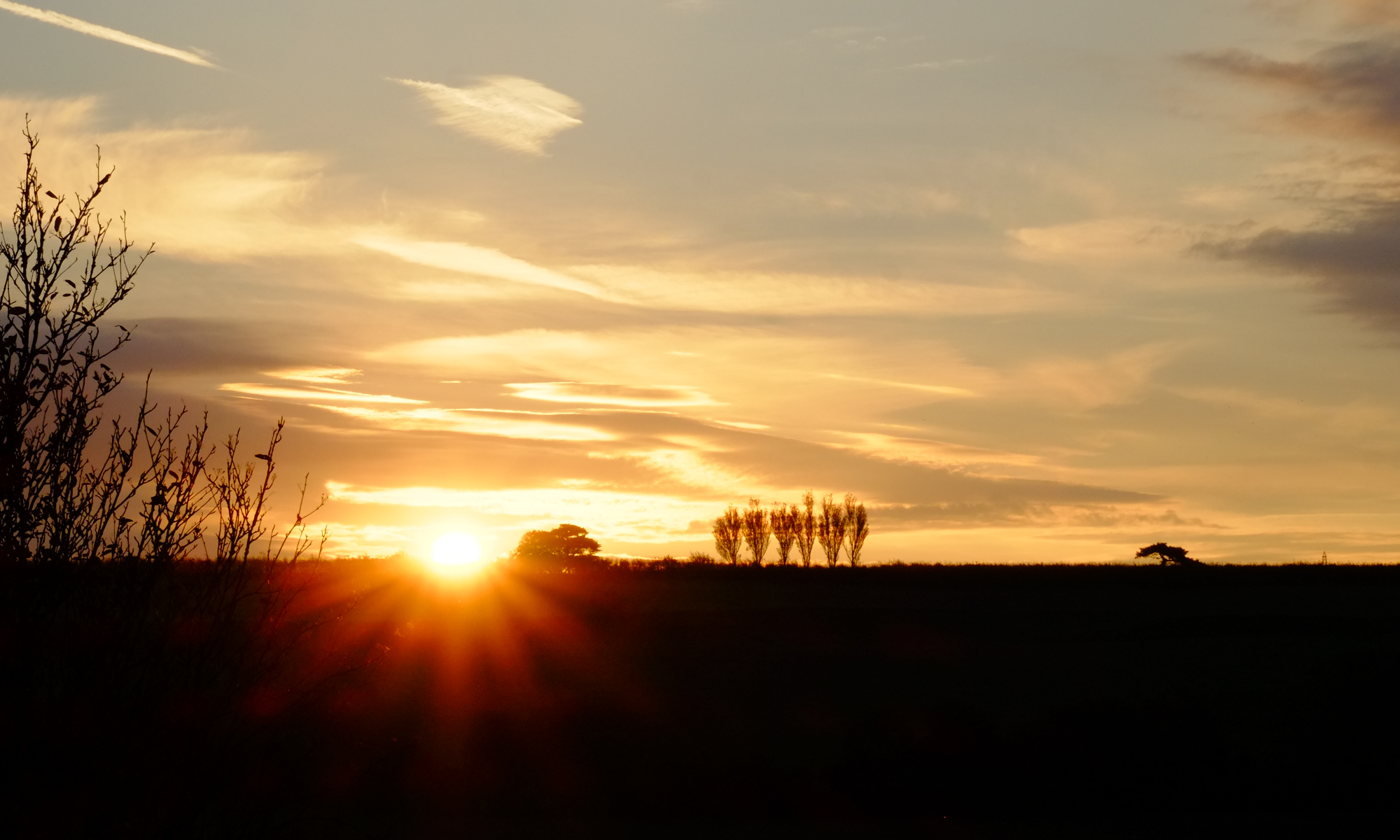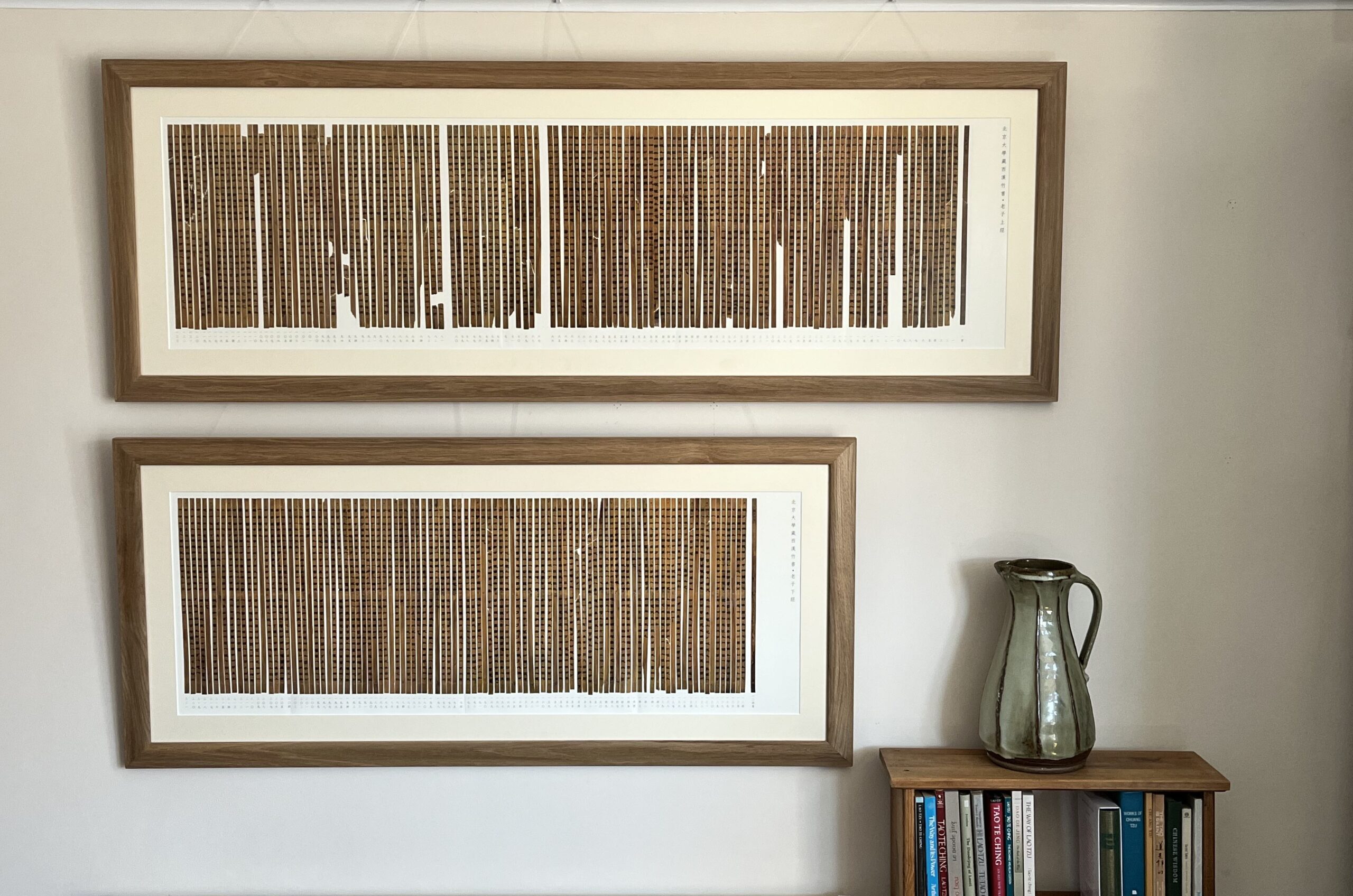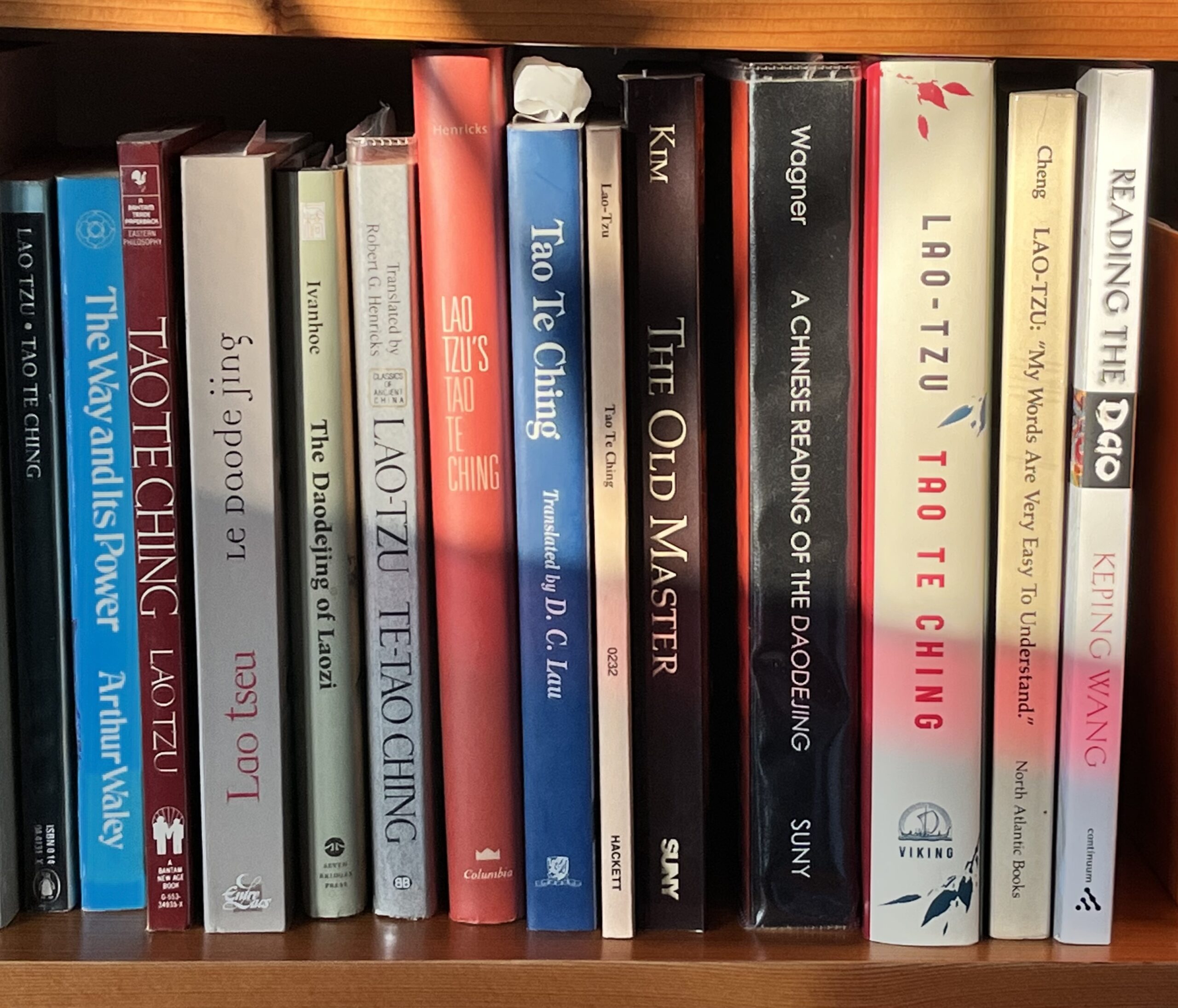The beauty of Tai Chi is that anyone can do it. There is an old saying: “Tai Chi can be done by anyone: male, female, young, old, strong, weak, intelligent and slow, healthy or ill.” It is one of the few forms of exercise at which you can improve continuously as you age. Tai Chi masters are not found in their teens, twenties or thirties, but in their sixties, seventies and eighties. Traditionally, one cannot be recognised as a master until the age of sixty. Of course you do not need to become a master in order to gain profound benefits, physical, emotional, mental and spiritual from this practice.
As well as proper instruction, there is only one quality that anyone needs in order to benefit from Tai Chi, and that is perseverance. While perseverance sounds rather hard and dogged, it really doesn’t have to be. All it means here is that one continue to attend classes. Just keep coming.
Sadly, this is what many people do not do. Even though they obviously enjoy and benefit from the classes many people stop. There are all sorts of reasons why this happens, circumstances change etc., but there is one reason in particular that accounts for a large proportion of those who drop out.
The way it goes is something like this: Someone joins a Tai Chi class and enjoys it. They find it is interesting and challenging, and that it shows them a new way of connecting and moving their body. They begin to let go of some of their tension. They make friends and enjoy the tea breaks. But some way into the form they have to miss a week or two and when they return to class they find that they have missed a move. Now they have a gap in their form. This gap flusters them and they begin to feel lost in the sequence. Fairly soon they decide to stop attending the class and to wait for the form to start again. They are never seen in the class again.
People hate having gaps in their forms. They would rather stop than keep going and fill in the gaps when they go through the form the next time, or when there are revision classes. This attitude points to one of the dominant fixations of our culture: the desire for perfection. If you can’t do something right it is not worth doing at all. Ironically, Tai Chi is an antidote to this fixation, but you have to give it time. Or rather you have to give yourself time to adjust and recognise the benefits of letting go of perfection.
Tai Chi is not a perfection practice. It is a letting go practice.
After studying Tai Chi for some time, it will gradually dawn on you that there is actually no end to the form. Just like the seasons, each round allows the opportunity to explore further the nature of change and free flow. Learning the sequence of the form, beginning to end, without obvious gaps does not mean that you have completed the form, only that you are ready to explore the next layer. This is true of everyone, no matter how many times they have been through it. Each round shows you that bit more, allowing you to get connected at deeper and deeper levels as you let go into yourself.
At the same time, you come to realise that there will always be gaps in your form, the only thing that changes is the level of subtlety involved. At first the gaps are large and obvious with whole movements missing. Then the gaps start to shrink as you notice that only certain elements of a move are missing. Once you have the moves clearly, you notice more subtle gaps: places where all or parts of you stop moving. More subtle still, you start noticing that various elements of the sixteen basic components of Daoist neigong are missing. Then within each component aspects are missing and so on. As you penetrate deeper inside, you find gaps in your emotions, in your mind and your spirit. Consider the Daoist maxim that if you could stay fully present (without any gaps) for the time it takes a leaf to fall from a tree, you would be enlightened.
Becoming aware of these gaps is only disquieting or off putting if you maintain a goal orientation, which is to say the doing of something to have done it, finished, perfect. Such an orientation is not conducive to being comfortable, at ease and happy in the world. With such an attitude one misses out on enjoying the world, on enjoying the banquet rather than eating on the run.
One of the phrases that Daoists have for the alternative to being goal oriented is xiao yao 逍遙, which means ‘happy wandering’, ‘free and easy rambling’ or ‘sauntering carefree, at one’s ease’. It is, in fact, the title of the first chapter of the Zhuangzi, one of the great Daoist classics.
Xiao yao is about being way oriented. It is to find the value of something in how you go about doing it as much as in the result. It takes into consideration the state you are in during and after each cycle. It also makes clear that where you end up has a great deal to do with how you went about getting there, and who you are when you get there, because you become what you practise.
Paramount in the internal arts is not getting stuck. Thinking that you have done the form, completed it, mastered it, is to get stuck. Just as demanding or expecting that you be perfect at anything is to be stuck. As you get comfortable with this practice that has no end, but which is endlessly fascinating, you can apply it to the rest of life. Life is not a race to the end. The first one there does not win. It is a journey to be enjoyed. Tai Chi can show you how to relax into the journey.
Here are some useful questions to ask yourself about your practice. Is what I am doing moving me in the direction of letting go of my tensions and frustrations? Or am I winding myself up further? Plenty of people use Tai Chi as a torture device, as another reason to beat themselves up and practise their usual tense habits. There is no sense in getting stressed over your relaxation practice.
Continuing with your Tai Chi, neigong or qigong, regardless of the gaps, can help you let go into life and to enjoy your stroll along the way.
© Matthew Brewer, Daoist Internal Art, 2009 & 2017



